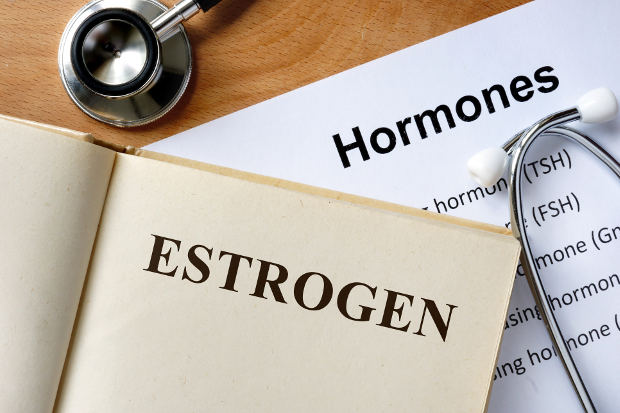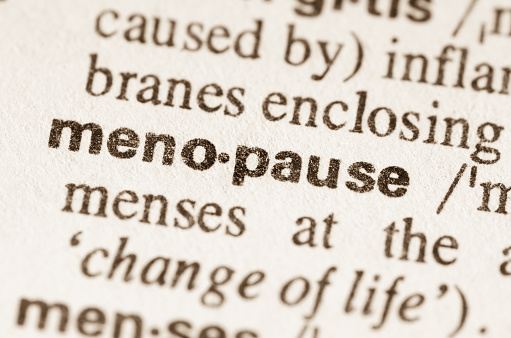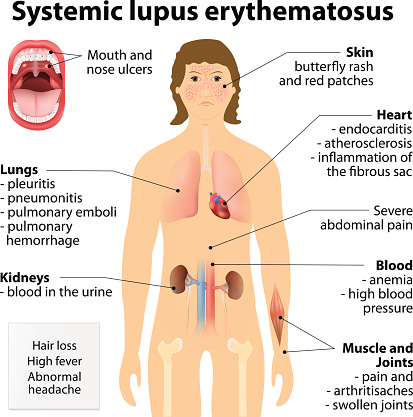Low estrogen in women: Symptoms, causes, and home remedies
Low estrogen in women can signify a change of physical functions in the body and many people are surprised to hear that low estrogen is responsible for their unusual symptoms. Estrogen is a hormone that plays a big role in maintaining good health. Although men produce estrogen, it is commonly thought of as a female ...click here to read more













